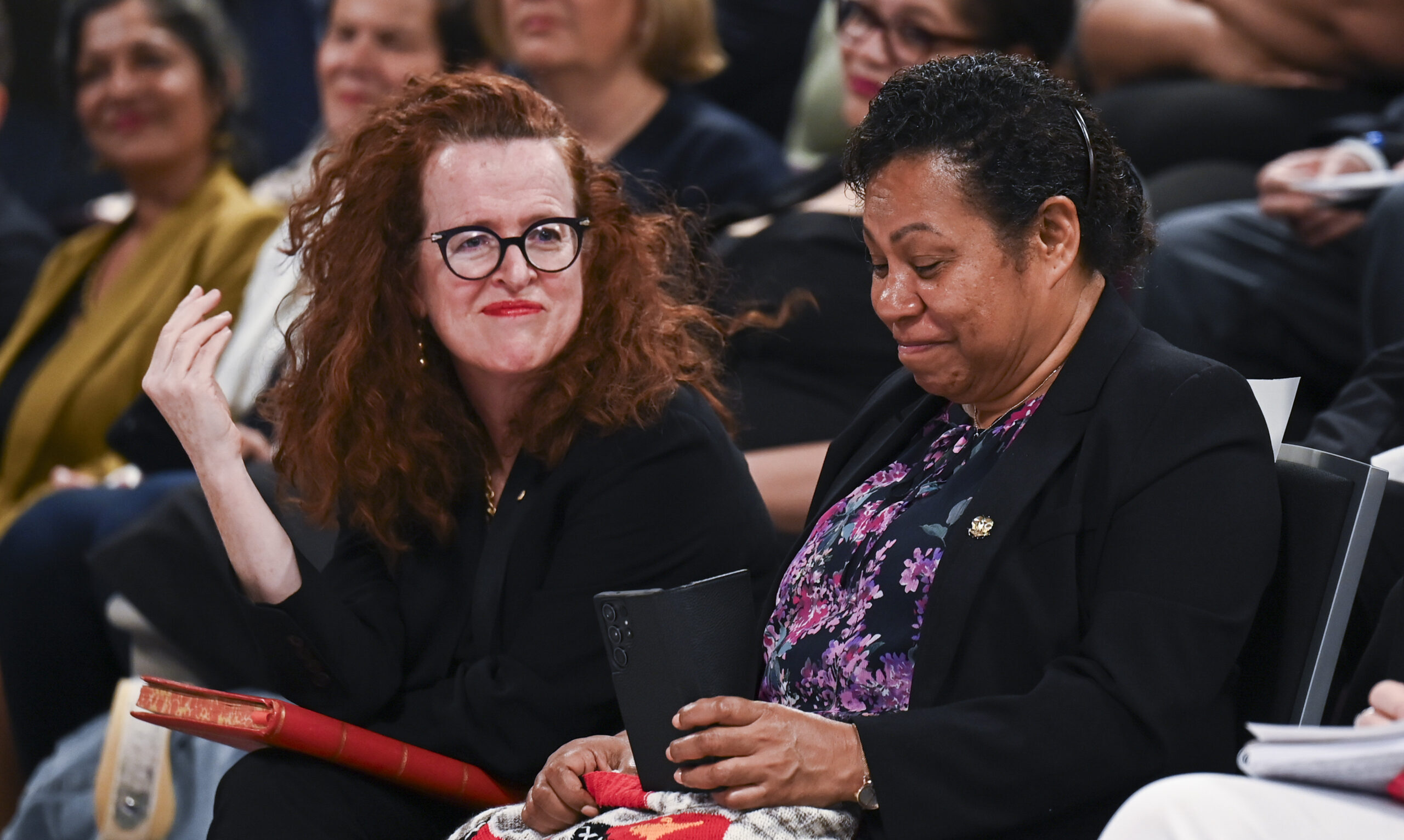Faculty FocusNewsTop Stories
Academics push to renew foreign language interest in domestic students

Academics and language advocates across Australia are calling for a national strategy to renew domestic students' interest in foreign languages studies after data showed a drop in enrollments.
Please login below to view content or subscribe now.





